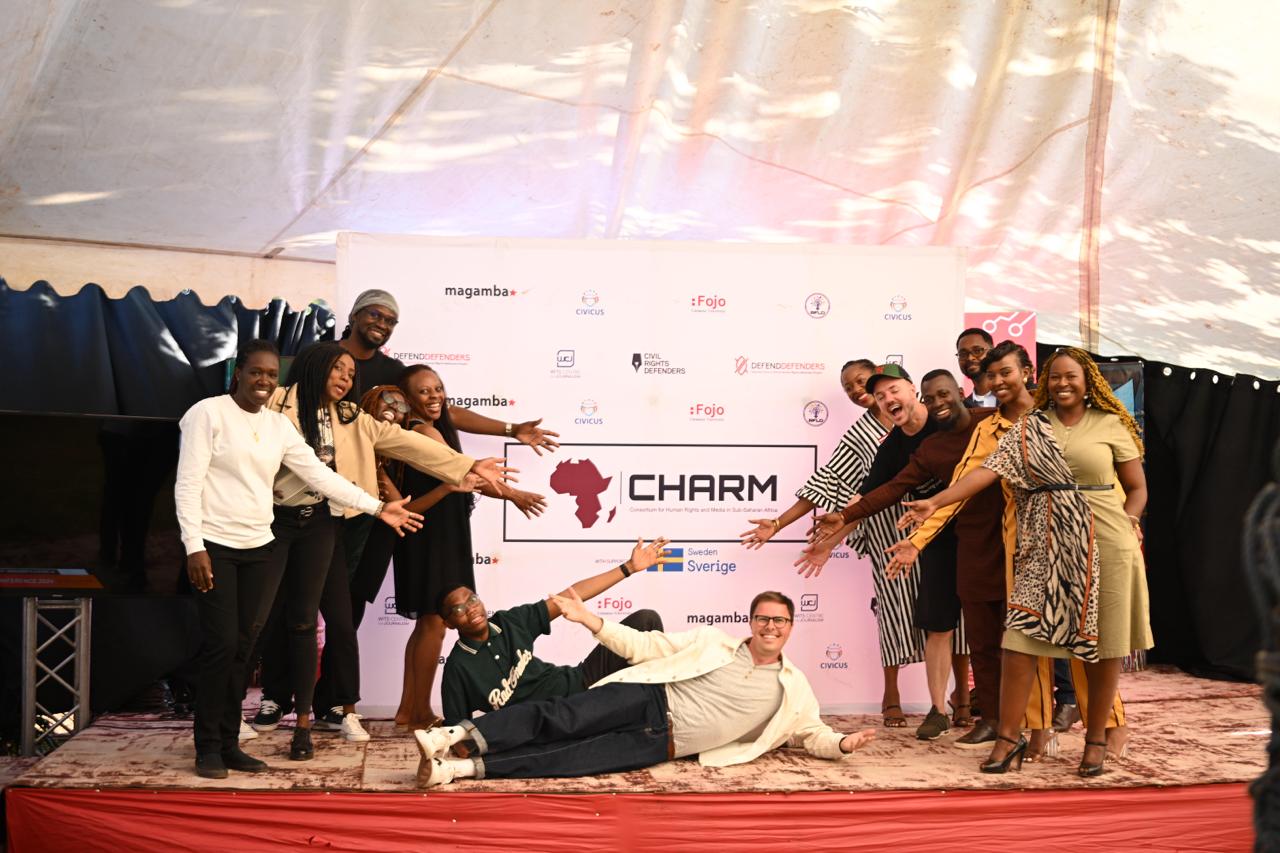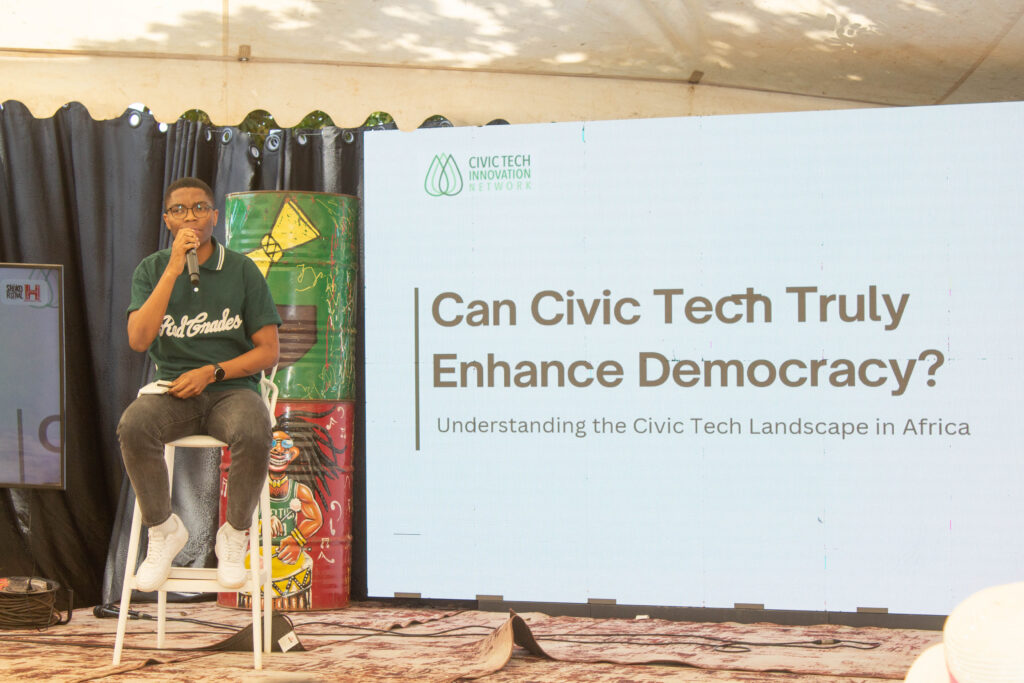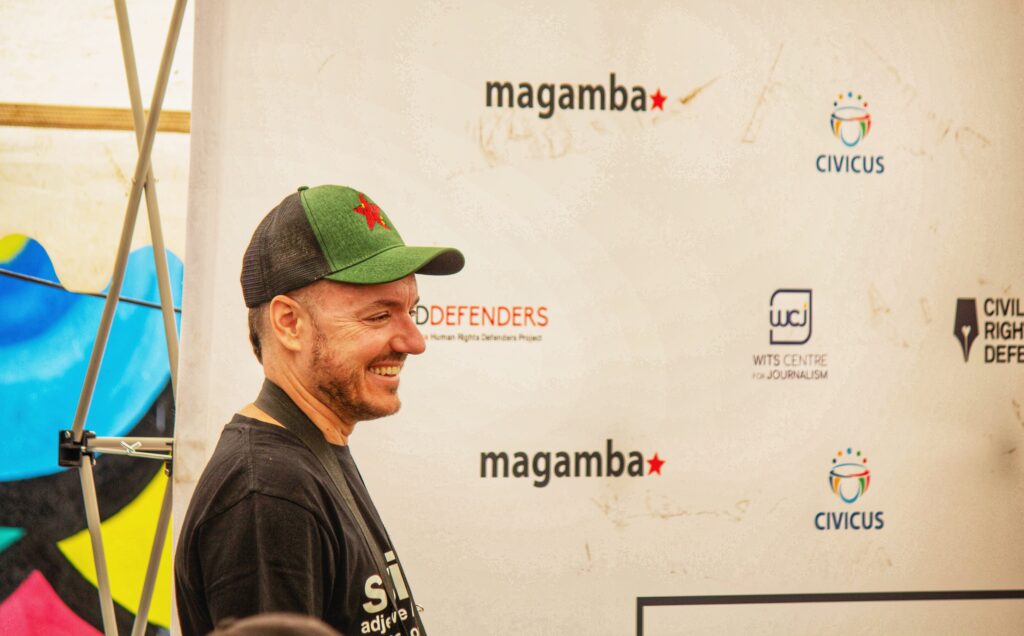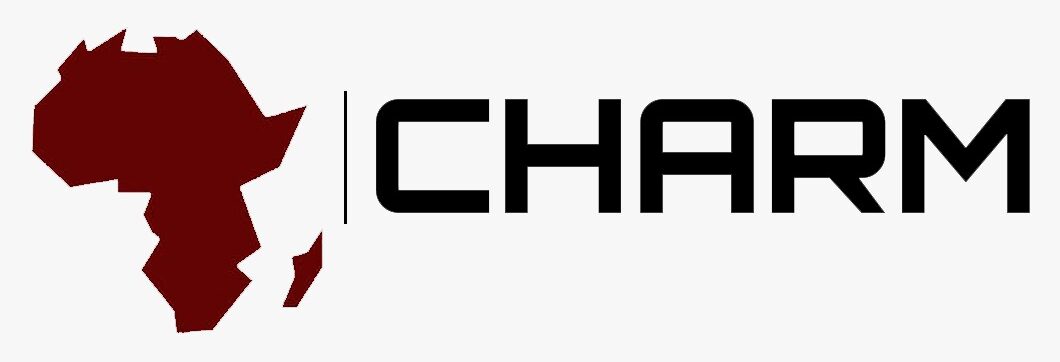The Open Data Africa Summit: Zimbabwe’s largest gathering of digital activists.

Every year, the Open Data Summit brings together experts, activists, and students to rethink how technology, data, and civic engagement can shape Africa’s future. This year’s edition, which will run from 24 – 27 September at Moto Republic, is themed “Decolonize the Internet”, a powerful call to challenge bias in technology and open more inclusive digital spaces.
Vera Chisvo, Digital X Program Lead, Magamba Network, points out that the summit is unique because of its diversity:
“We have also hosted journalists from CNN and Al Jazeera as key speakers. I’m not aware of any other space in Zimbabwe where students get this kind of direct access to such speakers. Instead of only reading books or scrolling on TikTok, they get to sit with experts and exchange ideas and hence get different perspectives on how the digital space is expanding.”

For two days, this year’s summit will feature lightning talks, masterclasses, exhibitions, and student debates, with over 50 speakers, drawn from local and international organizations. Topics range from how journalism curricula should integrate Artificial intelligence, the ethical dilemmas of machine learning, as far as how to capitalize on the Western dominance that shapes the internet, utilizing the research they have on this to advance the continent’s digital space.
For Kudzayi Zvinavashe, Digital Democracy Africa Officer at Magamba Network, the student debates are a highlight:
“We draw about 300 participants per day. The anticipation is huge; students and lecturers look forward to it all year. It gives them confidence to step into the same space as global experts and contribute their perspectives.

Hosting such a large gathering in Zimbabwe is such a demanding and complex matter. With financial constraints remaining a major hurdle and fundraising often stretching until the final day. Immigration policies have also limited participation from countries like Nigeria due political sensitivities, especially during election years this meaning that certain conversations must be navigated carefully.
Vera Chisvo, Digital X Program Lead, Magamba Network, explains:
“Even livestreaming has its risks. One year, an activist raised regime change issues during a session, and we had to cut the broadcast. The context here matters, and governments can get nervous when sensitive topics come up.”
Despite these challenges, the Open Data Summit continues to grow in reputation and impact. Students, lecturers, and journalists alike eagerly await each edition.
Kudzayi Zvinavashe, Digital Democracy Africa Officer at Magamba Network, shares some of the plans:
“We want to take the summit to different parts of Zimbabwe, involve students more in curating sessions, and even support travel for those coming from outside Harare. It’s about making this truly people driven.”
The vision is clear: to move beyond a single annual event into a year-round platform that empowers students, amplifies local voices, and reimagines Africa’s place in the digital world.
At its heart, the Open Data Summit is more than just a conference; it’s a meeting place of ideas, diversity, and bold new futures.
